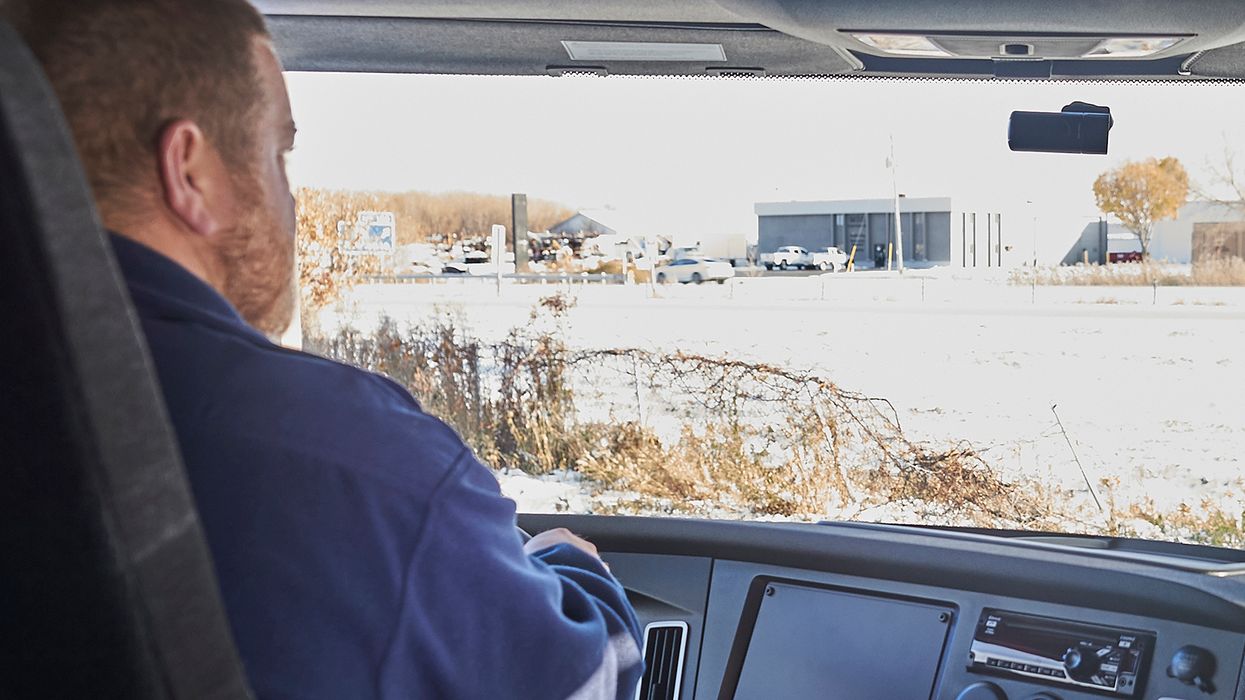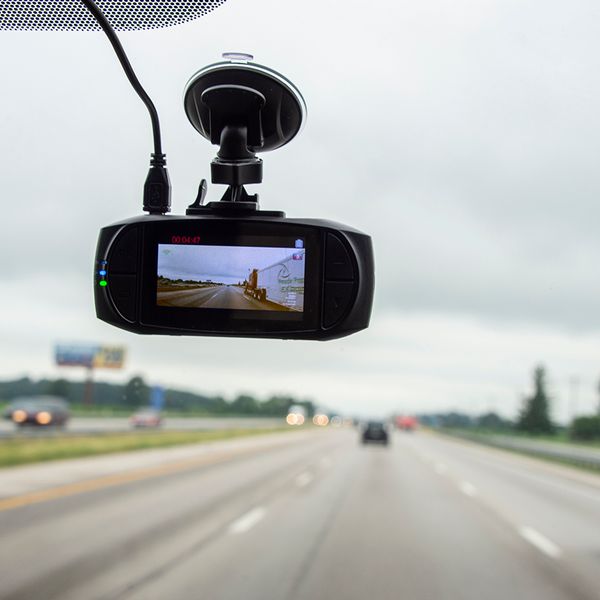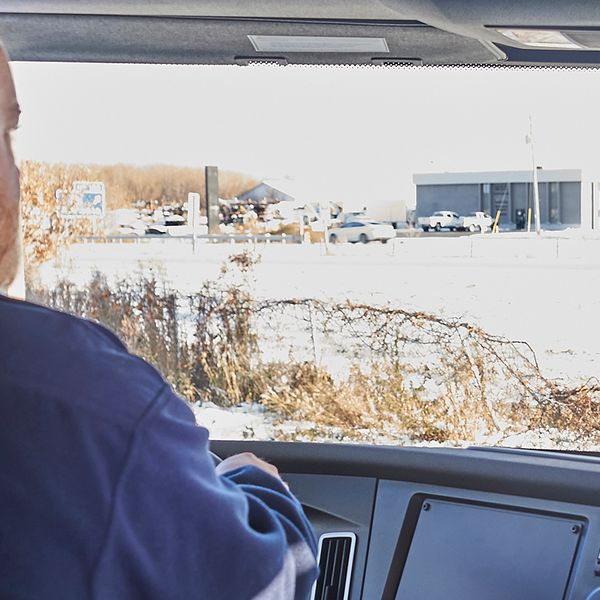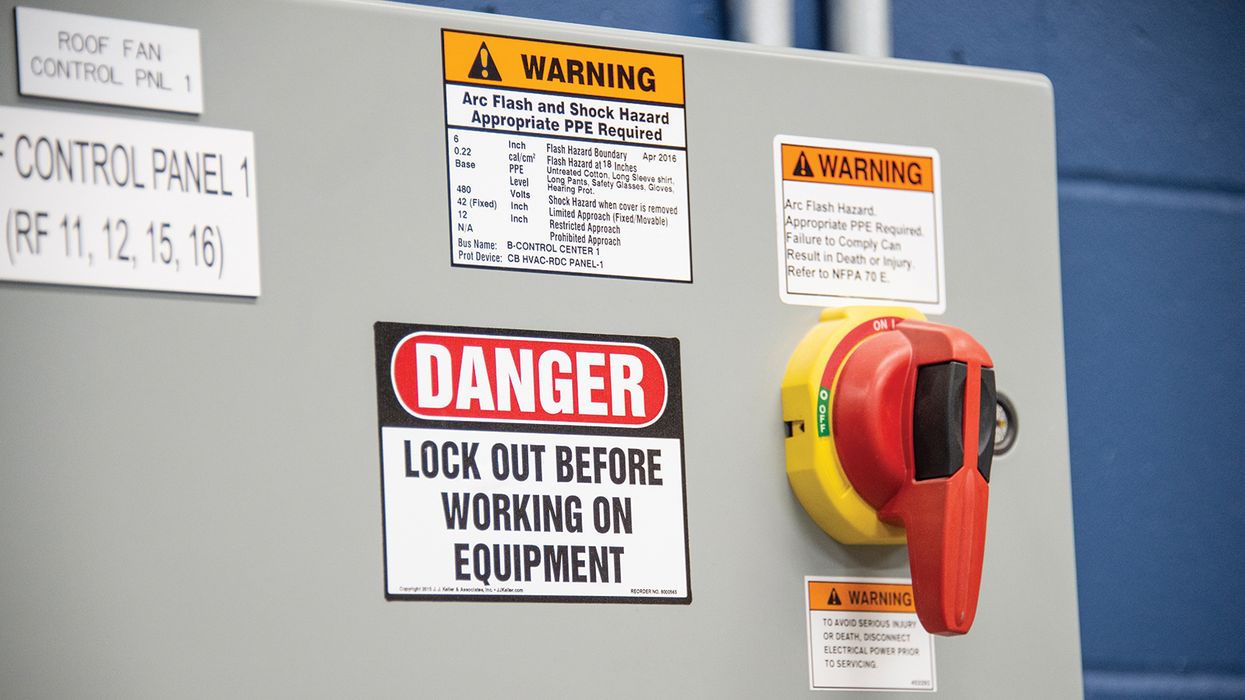Dash cam state laws: 4 areas to avoid legal pitfalls
As the need for carriers to use dash cams to protect their businesses soars, so does the need to understand state pitfalls governing their use. Failure to comply with dash cam and privacy regulations can lead to hefty fines and legal complications.
Federal laws generally apply to interstate operations. This article sheds light on four areas where states have restrictions on dash cams and privacy applicable to intrastate operations.
1. Video recording
A commercial motor vehicle (CMV) is a public workspace and there are not federal or state laws prohibiting the use of cab- or road-facing cameras while a driver is performing their duties.
However, some states prohibit storing recordings except within a certain number of seconds before and after a triggering event, such as hard braking. For example, California’s limit is 30 seconds and continuous recording and storage is not allowed for intrastate operations.
2. Audio recording
Carriers may want to activate the audio-recording function to help protect them in the event of a crash. Several prominent carrier defense attorneys do not recommend recording audio for three reasons:
1. The invasion of privacy when recording drivers’ conversations;
2. The limited value of the pre-crash recording, likely to be expletives; and
3. The potential violation of all-party consent laws, which in some states such as Pennsylvania, is a felony.
All-party or dual-consent laws require the prior consent of all parties involved in a recorded conversation. Current states potentially requiring all-party consent include:
- California
- Connecticut
- Delaware
- Florida
- Illinois
- Maryland
- Massachusetts
- Michigan
- Montana
- Nevada
- New Hampshire
- Oregon
- Pennsylvania
- Vermont
- Washington
3. Biometric data
Biometric data such as facial geometry, fingerprints, digital voiceprints, and iris scans is increasingly used for signing into accounts, devices, or for facility access. Facial geometry collection and storage is also used in the process of unsafe driving detection by some artificial intelligence-powered dash cams. This data must be stored and protected per applicable regulations and with prior consent in many states.
The following states have biometric-specific laws (bolded) or privacy laws that include biometric information:
- California
- Colorado
- Connecticut
- Illinois
- Maryland
- New York
- Oregon
- Texas
- Utah
- Virginia
- Washington
The nation’s toughest law is Illinois’ Biometric Information Privacy Act (BIPA) with a maximum penalty of $5,000 per occurrence without prior consent regardless of whether the person is an Illinois resident.
4. Mounting
Interstate carriers must mount dash cams outside of the driver’s sight lines to the roadway, and traffic signs and signals, and if within the area swept by the windshield wipers:
- Not more than 8.5 inches below the upper edge; and
- Not more than 7.0 inches above the lower edge.
State dash laws for intrastate-only operations vary and restrict mounting to:
- The dashboard and not on the windshield,
- A specific area of the windshield out of the driver’s sight lines to the roadway and signs, or
- Anywhere that does not obstruct the driver’s vision of the roadway or signs.
Verify the state’s mounting restrictions for intrastate-only operations.
Dash cam policy privacy assurances
A dash cam policy should outline privacy assurances such as:
- Require written driver consent before collecting, storing, or using video clips or biometric data.
- Record and store video clips only for "x" seconds before and after a triggered event for coaching or legal defense and avoid continuous recording.
- Limit video access to safety personnel only and secure from unauthorized use.
- Refrain from monitoring drivers in real-time except in an emergency.
- Require cameras to be on and the lenses uncovered while on duty.
- Prohibit audio recording.
Key to remember: Carriers can use dash cams to protect their businesses and drivers but must know the requirements and restrictions regarding privacy and mounting.























































